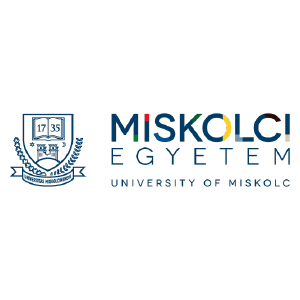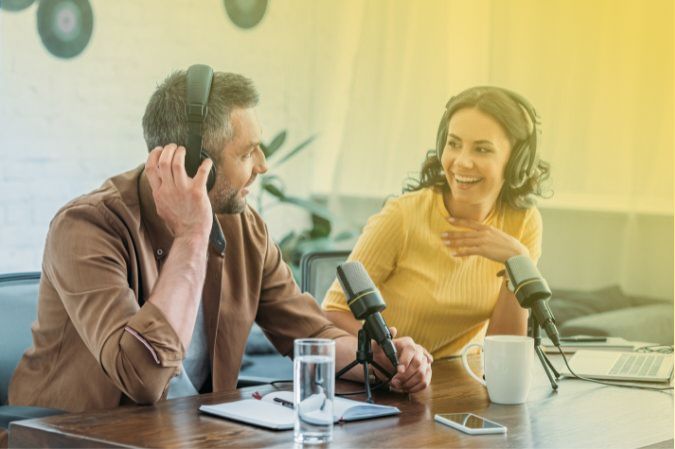Alrite – Transcription automatique et sous-titres pour l’accessibilité numérique
L’application de conversion de la parole en texte d’Alrite améliore considérablement l’accessibilité numérique en fournissant des services automatiques de transcription et de sous-titrage. Cette technologie joue un rôle crucial pour rendre le contenu numérique plus accessible aux personnes malentendantes ainsi qu’à celles qui préfèrent ou nécessitent des informations sous forme de texte.
Grâce à la transcription automatique, l’application Alrite convertit la langue parlée en texte écrit en traitant l’audio enregistré ou dicté, ce qui en fait une application fortement recommandée pour les personnes malentendantes. Tout ce dont vous avez besoin est votre appareil mobile intelligent et l’application Alrite, disponible à la fois sur iOS et Android.
Cette fonctionnalité permet aux personnes sourdes ou malentendantes d’accéder à du contenu audio et vidéo qui leur serait autrement inaccessible. En fournissant des transcriptions précises et en temps utile, Alrite permet aux personnes atteintes de troubles auditifs de participer pleinement à diverses expériences numériques et hors ligne, y compris les conférences en ligne et hors ligne, les webinaires, les podcasts, les vidéos, et plus encore.
En plus de la transcription, Alrite propose également des services automatiques de sous-titrage. Les sous-titres affichent le dialogue parlé sous forme de texte en temps réel ou sous forme de sous-titres synchronisés pour un contenu préenregistré. Cette fonctionnalité profite non seulement aux personnes malentendantes, mais également à celles qui se trouvent dans des environnements où l’audio ne peut être lu, ou pour qui l’anglais est une langue secondaire. Les sous-titres améliorent la compréhension et permettent aux utilisateurs de suivre le contenu plus efficacement.

En automatisant le processus de transcription et de sous-titrage, Alrite supprime le besoin de travail manuel, réduisant le temps et les coûts associés à la création de contenu accessible. Cela facilite la garantie que les matériaux soient inclusifs et conformes aux normes d’accessibilité pour les experts suivants :
- Créateurs de contenu : Pour augmenter non seulement l’accessibilité sur les réseaux sociaux, mais l’accessibilité sur Internet dans son ensemble, atteindre un public plus large et créer un contenu plus inclusif.
- Éducateurs : Pour fournir des sous-titres en temps réel non seulement aux personnes sourdes ou malentendantes, mais aussi à celles dont la langue maternelle est différente ou qui souffrent de troubles mentaux, tels que le TDAH, en créant automatiquement une transcription écrite du cours et en la rendant disponible pour tous. Les étudiants pourraient également utiliser ces transcriptions comme des notes intelligentes, car ils peuvent rechercher les termes et mots-clés les plus importants entre plusieurs fichiers.
- Entreprises : Chaque fois que des organisations tiennent des réunions internes ou externes, il est d’une importance capitale d’inclure les collègues et individus ayant des déficiences auditives ou simplement absents, rendant le contenu de la réunion accessible également pour eux.
Il est aussi clair que le ciel que l’augmentation de l’accessibilité numérique ouvre de nombreuses opportunités et améliore l’expérience en ligne et hors ligne pour de nombreuses personnes. Bien que l’objectif principal soit de rendre tout type de contenu accessible aux personnes en situation de handicap, il est facile de voir comment cette technologie peut améliorer l’expérience de tous dans de nombreux domaines. Dans l’ensemble, les capacités de transcription et de sous-titrage automatiques d’Alrite contribuent de manière significative à l’accessibilité numérique et des contenus, en supprimant les barrières et en offrant un accès égal à l’information et aux expériences pour tous.










